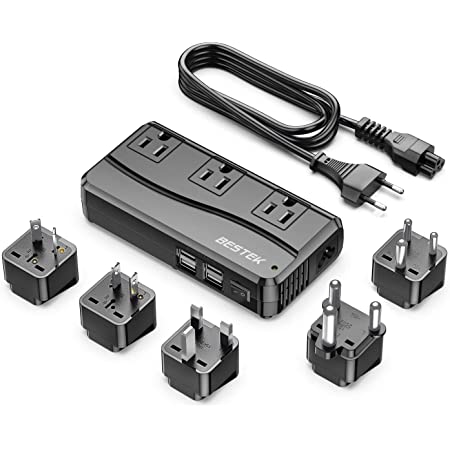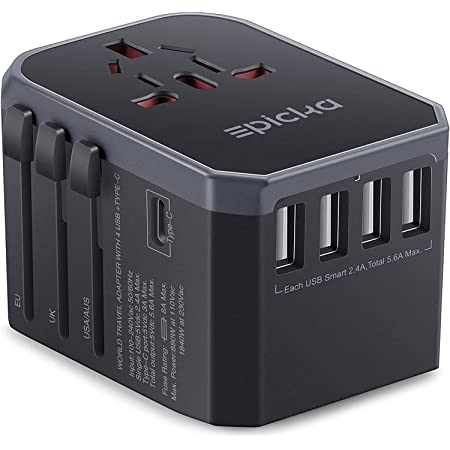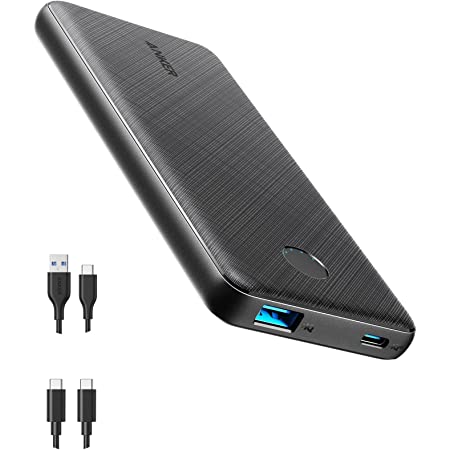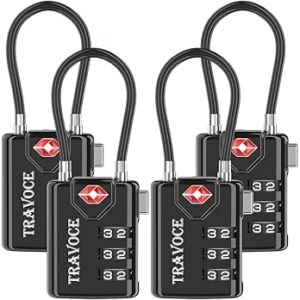Plug For Zambia: What You Need To Know
What is the plug for Zambia? Before you travel, check the information below to make sure your electronic devices are compatible with the outlet type and voltage.
Electrical Summary
Zambia uses outlet types C, D, G at a voltage of 230V and a frequency of 50 Hz.
Plug Compatibility: Type C, Type D, Type G
Voltage: 230V
Frequency: 50 Hz
Type C

Type D

Type G

Can North Americans use Electronics in Zambia without an Adapter?
No! North Americans will need an adapter for the outlets and a transformer for the voltage when traveling to Zambia. North Americans device plugs will not work with the outlet types in Zambia. Also, the voltage in Zambia is different from North American voltages.
Can Europeans use Electronics in Zambia without an adapter?
Yes! Most Europeans do not need a travel adapter or transformer when traveling to Zambia. Most device plugs will work with the outlet types in Zambia. Also, the voltage in Zambia is the same as in Europe.
What Outlet does Zambia Use?
Type C

Type D

Type C plug sockets have two round pins and no grounding pin. These plugs are typically used with devices that have a voltage of 230V.
Type D plug sockets have three round pins and a grounding pin. These plugs are typically used with devices that have a voltage of 230V.
Type G

Type G plug sockets have three rectangular pins and a grounding pin. These plugs are typically used with devices that have a voltage of 230V.
Recommended Products:
Should I use a VPN when traveling?
YES! Using a VPN when traveling is highly recommended to protect your online privacy and security. Public Wi-Fi networks in hotels, airports, and cafés are often unsecured, making you vulnerable to hackers and data theft. A VPN encrypts your internet connection, safeguarding sensitive information like passwords and banking details. It also allows you to bypass geo-restrictions, granting access to streaming services and websites that may be blocked in certain countries. Additionally, a VPN helps prevent government surveillance and ISP tracking. For a seamless and secure browsing experience while traveling, choose a reliable VPN with fast speeds and strong encryption.
Zambia Travel Essentials:
Is it safe to drink water in Zambia?
To be on the safe side, you can use common precautions such as boiling tap water for at least one minute, using water purification tablets, or drinking bottled water. It’s also important to note that ice may be made from tap water and that foods may be washed or prepared with tap water.
We recommend always packing a filtered water bottle when traveling!
Travel Essentials
Be sure to check our list of travel essentials before your trip!
Should I get travel insurance when traveling to Zambia?
It is generally recommended to get travel insurance when traveling to a different country. Travel insurance can provide financial protection and peace of mind in case of unexpected events, such as medical emergencies, trip cancellations, lost or stolen baggage, or other travel-related mishaps.
Travel insurance can cover various expenses related to your trip, such as medical expenses, emergency medical transportation, trip cancellation or interruption, lost or stolen baggage or personal belongings, and other travel-related expenses.
Before purchasing travel insurance, it’s important to carefully review the policy details, including the coverage limits, exclusions, and any applicable deductibles or copays. You should also make sure that the policy covers any activities or destinations that you plan to participate in or visit during your trip. Click here to price Travel Insurance for Zambia
Travel Summary
One of the most famous national parks in Zambia is South Luangwa National Park, which is home to an incredible diversity of wildlife, including over 400 bird species. Visitors can take guided safaris, walking tours, and night drives to see animals in action.
Another popular attraction in Zambia is Victoria Falls, one of the world’s largest waterfalls and a UNESCO World Heritage site. Visitors can take a guided tour of the falls, go bungee jumping, white water rafting, or take a scenic helicopter ride.
Zambia also has a rich cultural heritage, with over 70 ethnic groups and a variety of traditional arts and crafts. Visitors can experience traditional dance performances, visit local markets, and learn about the country’s history and customs.
The local cuisine in Zambia is diverse, with a range of flavors and ingredients. Traditional dishes include nshima (a type of maize porridge), grilled meats, and fish dishes.
Travelers to Zambia should be aware of potential health risks, such as malaria and other tropical diseases, and take necessary precautions, such as using insect repellent and taking anti-malaria medication.
Overall, Zambia is a fantastic destination for those seeking an authentic African safari experience and an opportunity to explore the country’s rich culture and natural beauty.
Traveling to another country? Check out our Countries page for more info on other countries like Zimbabwe, Malawi, Tanzania, Namibia, Botswana, Mozambique, Uganda, Angola, Rwanda





